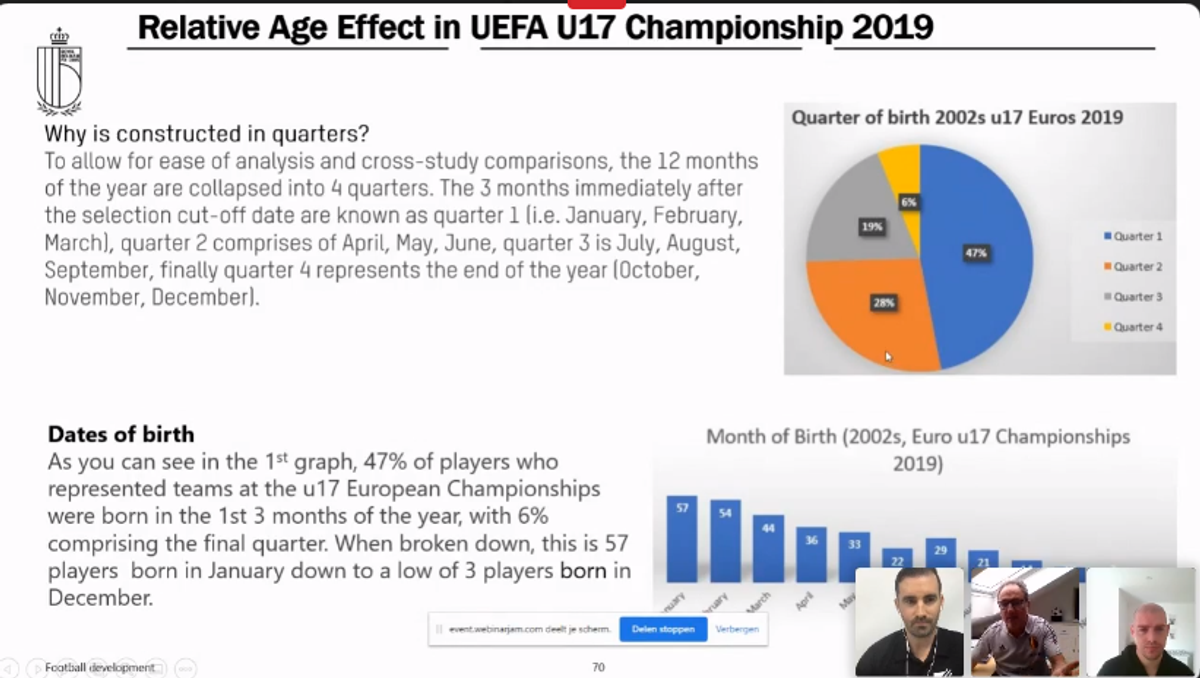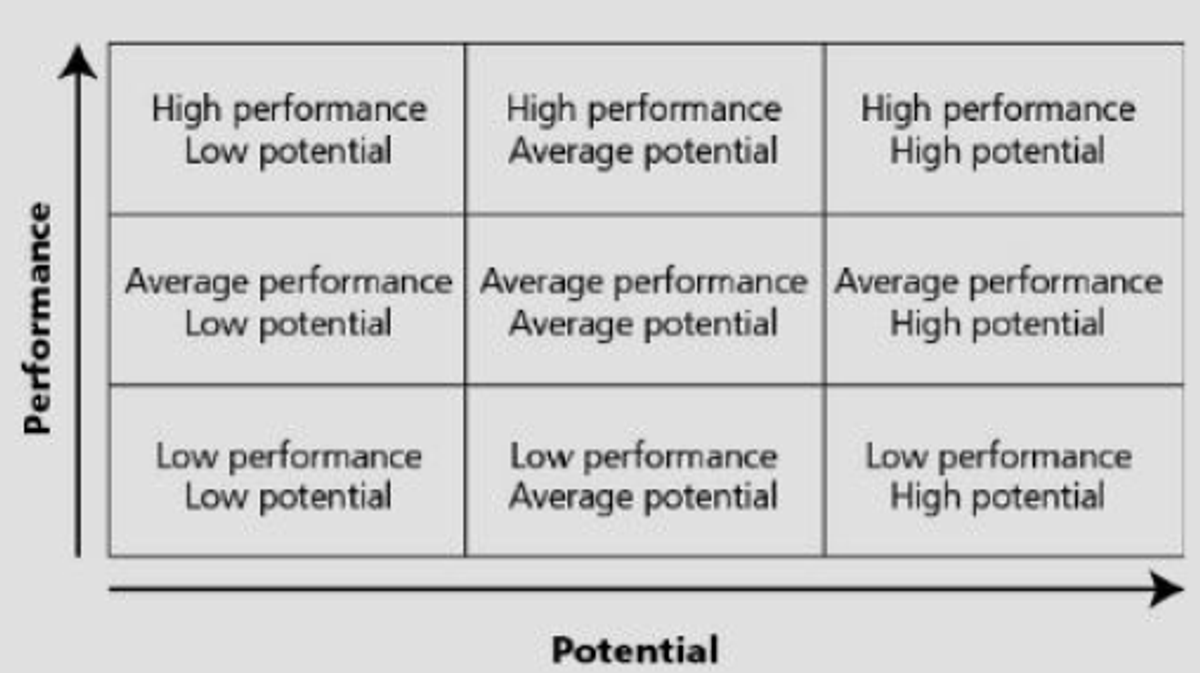What do we look for in a player?
Josip Loncaric

What do we look for in a player?
Josip Loncaric
The relative-age effect is a phenomenon in which children born in, or close to, a critical age cut-off period may have an advantage in both athletic and academic endeavors. An earlier birth is typically associated with increased physical ability and mental maturation. This was shown in a recent study, where more mature soccer players were faster than their ‘less mature’ peers due to a biological advantage. It makes perfect sense; if you are nine months older than someone else that plays in your team, you may spend most of your life physically dominant in junior sport and in school. As a result, it appears that the relative age effect (i.e., being born later in a calendar year) potentially puts you at a disadvantage. This is principally due to being physically, emotionally, and cognitively less developed than other children, based on simple human biology. In addition, individuals born in the early quartiles are more likely to persevere in the sport, by being able to actively dominate in physical bouts and key performance measures, because they are able to achieve early success. This suggests that as time goes on, those who are less mature drop out of sports as they are not as successful, motivated, or fulfilled by the experience in their younger years of competition.


The Belgium football federation came up with a solution to this problem by creating 'futures' national teams in 2008 for late developers and those that are born in the final months of the calendar year. Their reward was players like Yannick Carrasco and Dries Mertens coming through a system that used to reward early developers and those born in the first six months of the year. We experienced this when we took a squad of boys that were largely between 12-24 months younger than their Spanish and Australian opponents and it was evident in the physical and technical dominance that they displayed when playing against us. Our sole objective for that tour was to show the boys what the standard was like overseas and plant seeds in their minds that would foster a desire to train harder on all aspects of their game when they returned to Australia. Based on these criteria, the trip was an overwhelming success.
At the KDC Soccer School, we focus on a player’s potential, rather than their current ability as the defining factor for selection and therefore, development. For this, we use a grid made famous by Jamaican sprint coach Steve Francis, in which an athlete's ranking can be placed in one of nine potential categories.


The obvious ‘talents’ are the highly uncommon ‘High Performance/High Potential’ combinations, which athletes such as Usain Bolt and Cristiano Ronaldo fall into. These are the athletes that are screaming out and dominating at an early stage of their career and that even the untrained eye would find hard not to identify. What we try to identify are the 'Average Performance/High Potential' and 'Low Performance/High Potential' students that can excel in the right environment. We try to avoid the 'High Performance/Low Potential' combinations because there is a very probable chance that they will not challenge themselves to get out of their comfort zone and tap into the growth mindset way of thinking that we follow at the KDC Soccer School.
We are looking at players that have had no formal training yet display excellent potential to learn as well as the desire to improve every single session. We also pay close attention to players from the community level and NPL level clubs that may have substandard coaching for a few years, yet they continue to challenge themselves to be the best that they can be. These characteristics are proven to go the distance when it comes to committing to six years of training in the program and in all cases, our students in Australia need the full six years to create the best mental, physical, technical, and tactical versions of themselves before they are ready for the cut-throat environment of senior football. Remember, you play junior sport for the wonderful friendships, experiences, good habits, exercise, and skill development and if you are one of the lucky few to reach senior football, then you need to be best prepared to do so when the opportunity arrives.